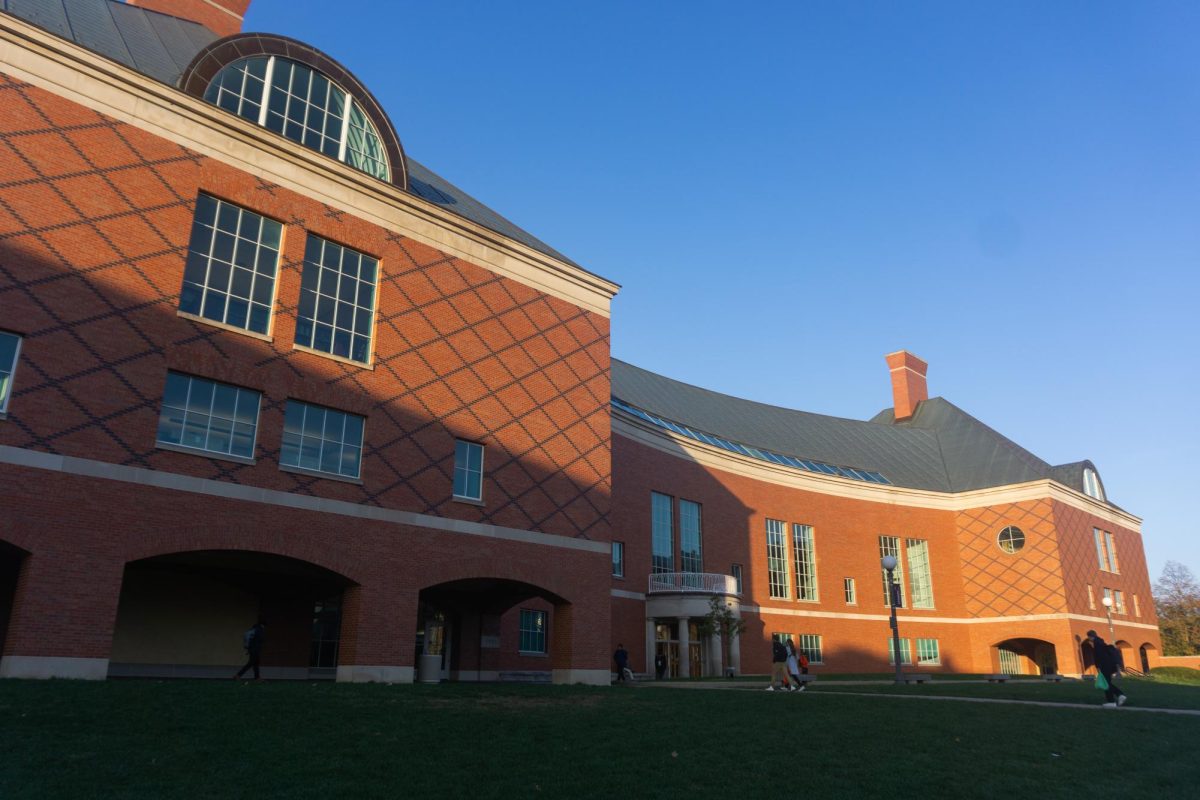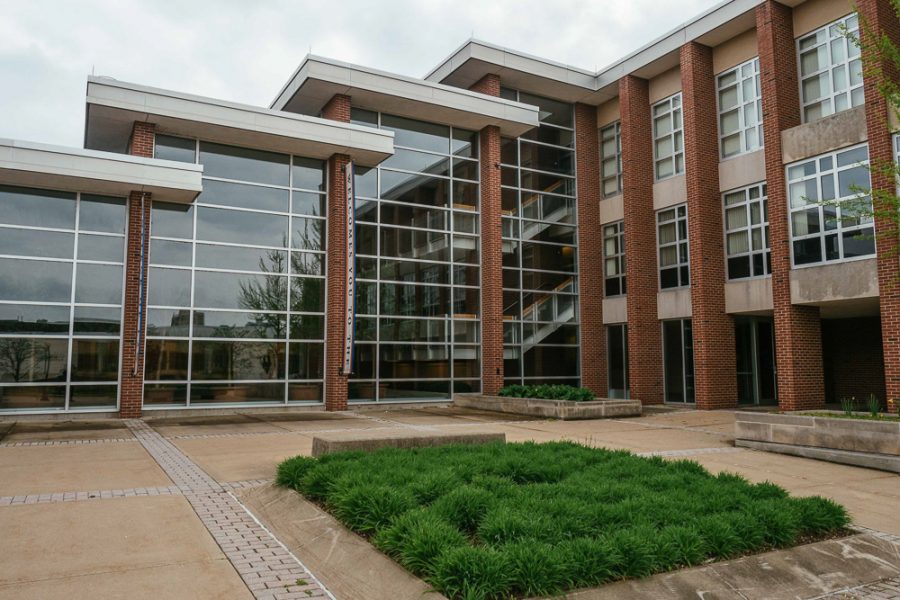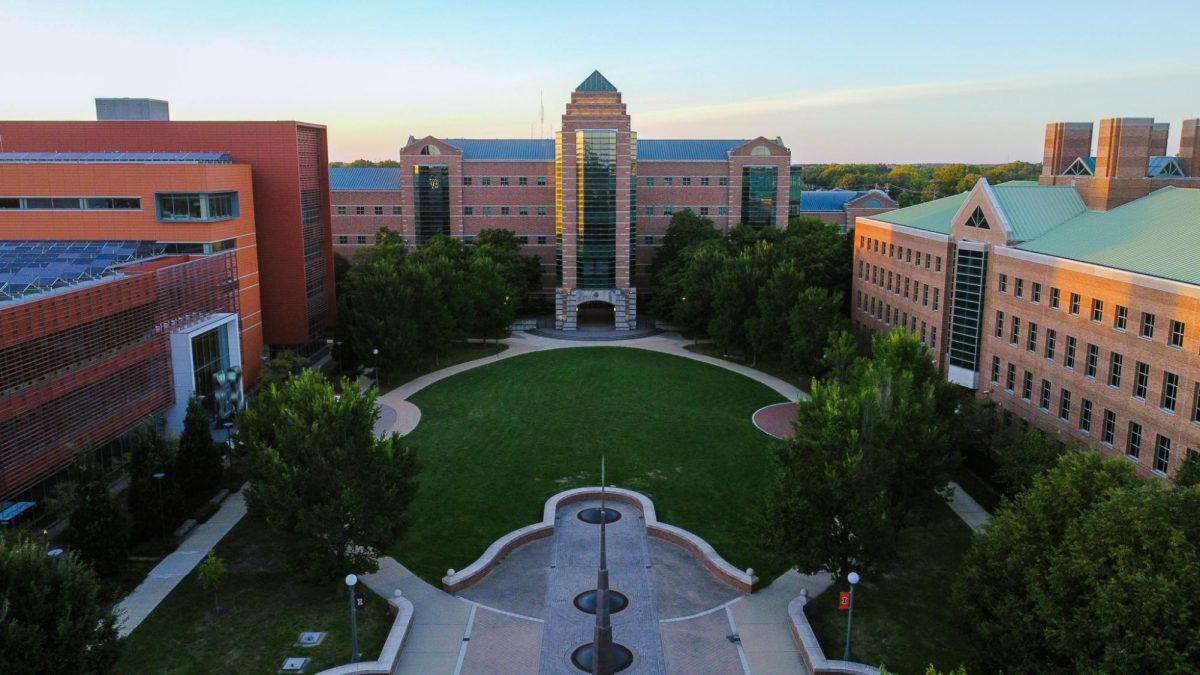Six of President Donald Trump’s inauguration day executive orders dealt with immigration, including Trump declaring an emergency at the southern border and a realignment of the Federal Refugee Admissions Program.
Now, more than 50 days into his second administration, Trump is following through on his campaign promises to crack down on border policies he felt his predecessor, Joe Biden, failed to follow through on.
Lauren Aronson, clinical professor in Law and director of the Immigration Law Clinic at the University, says that Trump’s recent string of orders can’t supersede decades of federal immigration legislation.
“A president cannot, with an executive order, just say ‘No more of the Constitution,’” Aronson said.
One of the most noteworthy acts Trump signed on his first day in office was an executive order entitled “Protecting the Meaning and Value of American Citizenship,” in which he attempted to end birthright citizenship.
Get The Daily Illini in your inbox!
Birthright citizenship, which falls under the Citizenship Clause in Section I of the 14th Amendment, was affirmed in the case of “United States v. Wong Kim Ark” (1898). The case set a precedent that, regardless of the parent’s legal status, any child born on U.S. soil is a citizen.
The Supreme Court has agreed to hear the Trump administration’s applications to lift the national pause on banning birthright citizenship after three federal judges from three states have blocked the attempt to end the principle.
Widespread arrests of immigrants have also raised concerns amongst some as, in the first 50 days of Trump’s new administration, the U.S. Immigration and Customs Enforcement has arrested more than 32,000 undocumented immigrants.
According to Aronson, the uncertainty and fear of arrest or deportation have taken a toll on immigrant communities.
“(Undocumented immigrants) are really scared of separation from their children, scared of losing the opportunity to live that they have here that they may not have in their home country,” Aronson said. “It’s really fearful and confusing because you can’t predict what is going to happen.”
NBC reported the Department of Homeland Security was asking agencies like the Federal Bureau of Prisons for more bed spaces and Congress for more funding, as the 47,600 immigrants currently in federal detention centers are causing a room shortage.
There have been protests of these arrests across Champaign-Urbana, with one march taking place in downtown Champaign on March 1 calling for the defense of immigrants and their families at the state and federal level.
Aronson also called the Trump administration’s closing of the southern border on Jan. 22 a direct attack on Central Americans, as they can no longer seek refuge in the U.S., even for asylum.
“The standard for asylum is, you’ve been persecuted or you have a fear of persecution, and the government is unable or unwilling to protect you,” Aronson said. “It really shouldn’t matter who’s doing the persecution if your government is unable or unwilling to protect you, right?”
In Aronson’s opinion, Trump’s administration has contributed to the demonization of immigrants, with the President using degrading language toward the community.
One study from the National Bureau of Economic Research and Stanford University found that, since 1960, immigrants are 60% less likely to be incarcerated than those born in the U.S.
She added that while criminals have come over via the southern border in nearly every presidential administration since George W. Bush, reports point out that characterizing every immigrant as a criminal is not a reasonable assertion.
“If you look at the numbers, and they just came out recently with like, another report to show this, immigrants are much less likely to commit crimes than U.S. citizens and to be convicted of crimes,” Aronson said.










